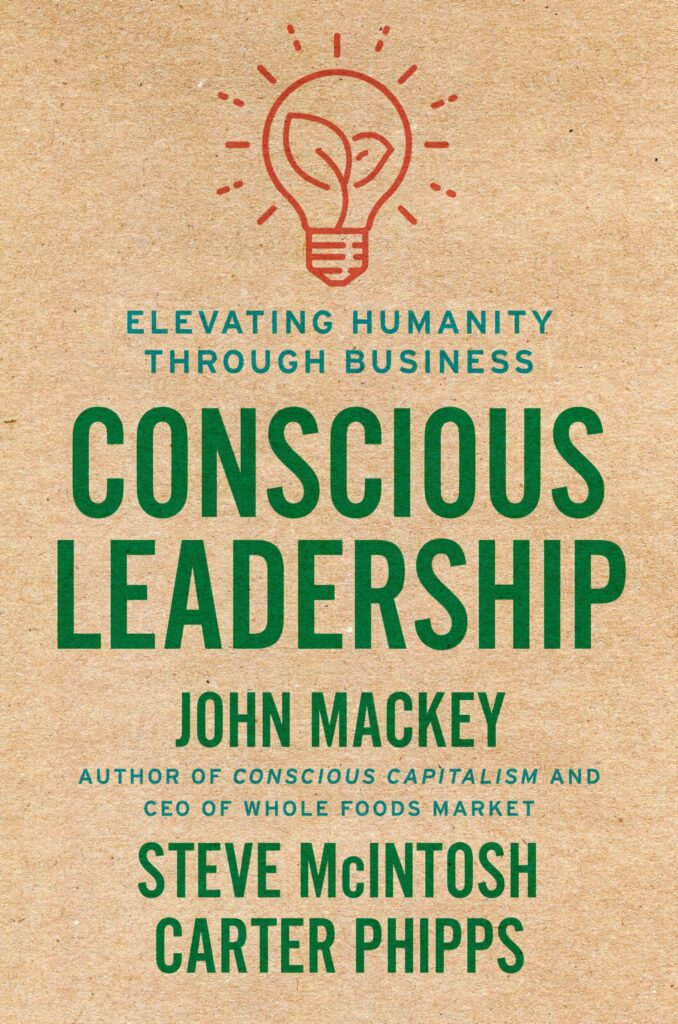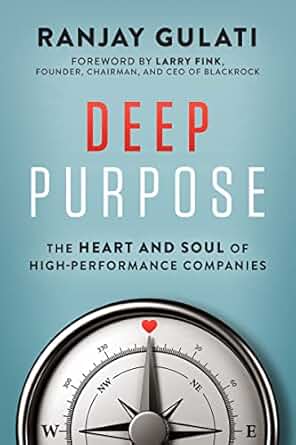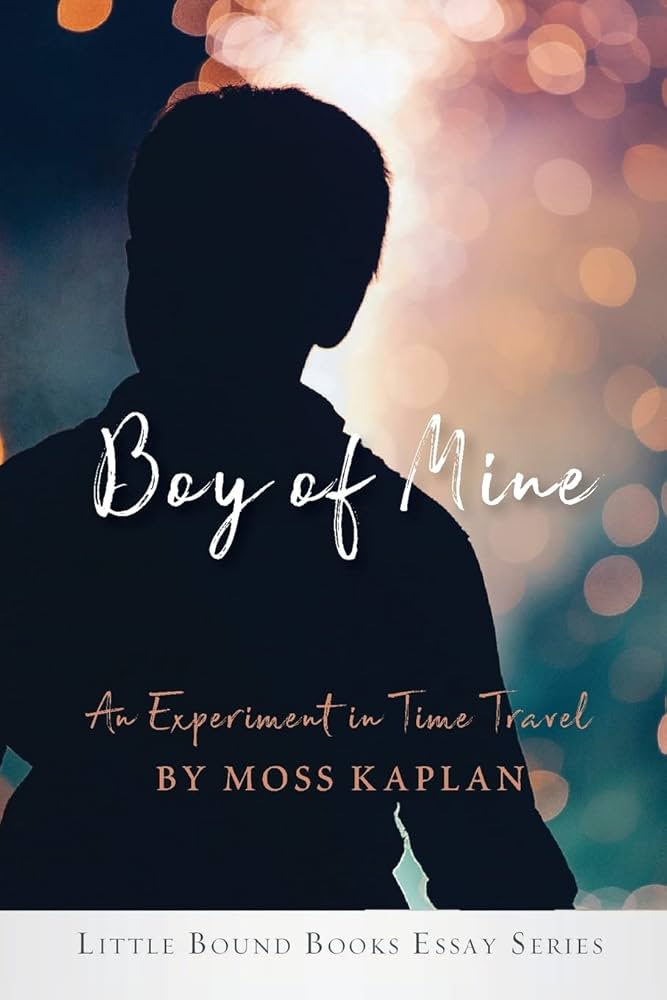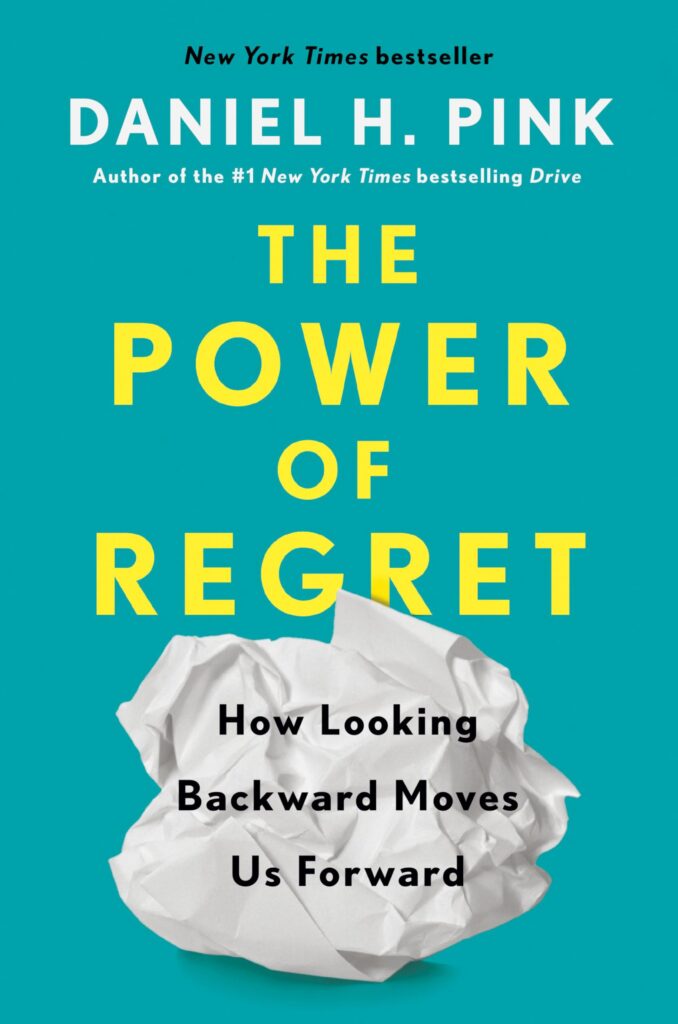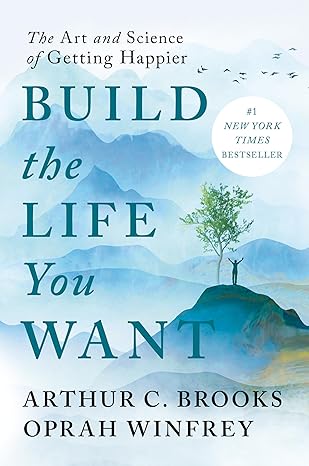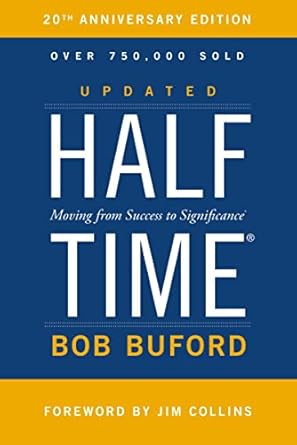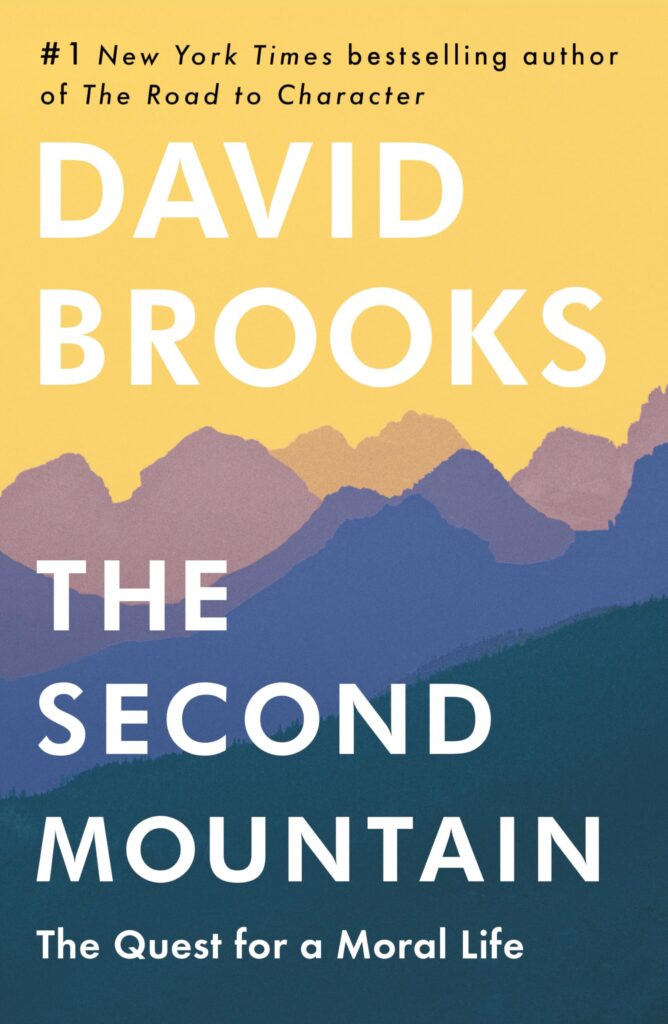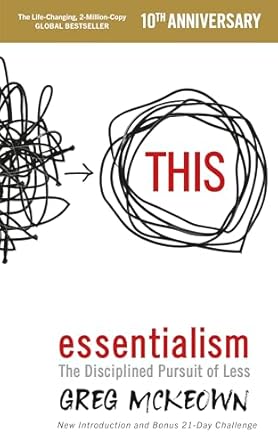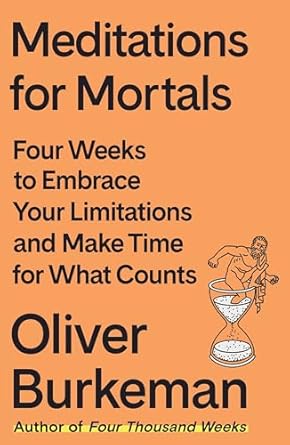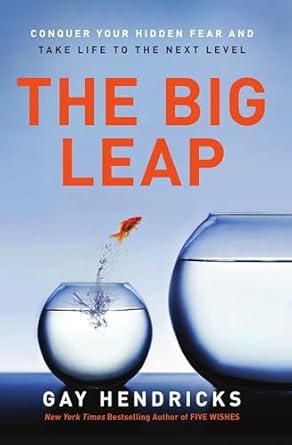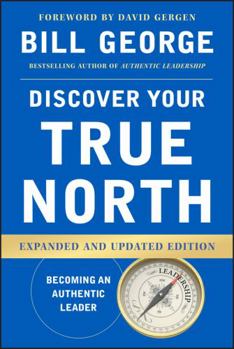Theme: Intentional Life Design & Purpose-Driven Leadership
Books that Inspired me in Q1 2025.This marks the second installment of my quarterly reading reflections. Books have consistently provided me with wisdom, challenge, diverse perspectives, insights, and practical guidance. Since transitioning from my 34-year tenure as a CEO to focus on more purpose-driven work, reading—particularly with intentionality—has been a steady source of education, engagement, and energy. The lessons gleaned from thinkers and doers offer firsthand perspectives and knowledge gained from experiences, research, and hard-earned insights.
Reading also aligns closely with two of my core personal values. Stephen Covey in The 7 Habits of Highly Effective People, advocates creating a personal mission statement (complete with personal core values) as part of Habit 2: Begin with the End in Mind.
Two values, in particular, resonate deeply with my reading journey:
- Growth (physical, intellectual, and spiritual development) – A commitment to continuous evolution, seeking new knowledge, experiences, and challenges to become my best self.
- Purpose-Driven Leadership (influence through purpose, values-driven leadership, aligning influence with impact) – Leveraging leadership as a force for good, ensuring that my influence consistently aligns with my values and long-term impact.
In this spirit, I’m sharing the books I read in Q1 2025—titles that have helped me grow, stretch, and find inspiration. The overarching theme this quarter: living with intention and leading with purpose.
[Find Q4 2024 books here: https://derekfigueroa.com/2025/01/29/books-that-inspired-me-in-q4-2024/]
Which of these resonate with you? Are there any books I’ve missed that should be on my radar?
Designing Your Life is written by Bill Burnett and Dave Evans, both professors at Stanford University and leaders of its renowned Designing Your Life course. The book applies design thinking—a creative problem-solving framework used at Stanford’s design school and in Silicon Valley—to the process of crafting a meaningful and joyful life. It encourages readers to reframe dysfunctional beliefs, embrace curiosity, and prototype their way forward rather than waiting for a perfect solution. With practical tools and exercises, it helps readers explore multiple life paths and make intentional, values-aligned choices through action and reflection.
Insight: It is not an exaggeration to say that this book changed my life. Through their guided process I expanded my options, prototyped potentials, and have now identified three focus areas for my work in 2025. Perhaps as important in this process is determining which activities provide you energy and engagement as a foundation for your future intention. Let me know if you are curious to see my life plan – and see why this is one of the books that inspired me in Q1 2025.
In Conscious Leadership, John Mackey, co-founder of Whole Foods Market, advocates for a leadership approach that transcends profit-centric models, emphasizing purpose, ethical values, and stakeholder well-being. Drawing from his experience, Mackey outlines traits of conscious leaders, such as integrity, long-term vision, servant leadership, and a commitment to elevating humanity through business. The book serves as both a philosophical guide and a practical roadmap for leaders aiming to foster organizations that are both successful and socially responsible..
Insight: Profit and purpose are not mutually exclusive, and John Mackey has proven that the approach works in even the most competitive markets. The candid discussion of making principled decisions aligned with values in imperfect situations provides a compelling view of how to balance profit and purpose. I’m also moved by John’s advocacy of leading with love.
The Power of Regret by Daniel H. Pink challenges the pervasive “no regrets” philosophy, asserting that regret is a fundamental and constructive human emotion. Drawing from extensive research, including his World Regret Survey with over 16,000 participants, Pink identifies four core types of regret: foundation, boldness, moral, and connection. He argues that acknowledging and reflecting on our regrets can lead to improved decision-making, enhanced performance, and a deeper sense of meaning and purpose in our lives.
Insight: I have a powerful, visceral definition of regret – something that I ruminate on that roots me in the past. Pink defines regret as “not as a negative emotion to be avoided, but as a fundamental human experience that can serve as a powerful catalyst for growth.” In that situation – it’s no different than learning from failure – which I think is paramount. Biggest lesson here – regret is the trigger to reflect on situations – something you learn from (like post traumatic growth), not rumination which serves as an inescapable anchor in the past. I can except it as a temporary trigger to spur learning, and reflection – but not as an enduring state.
Build the Life You Want by Arthur C. Brooks and Oprah Winfrey presents a compelling argument that happiness is not a fixed destination but a skill that can be cultivated through intentional choices. Brooks emphasizes the importance of focusing on agency, nurturing relationships, and finding meaning in everyday actions. By shifting attention to controllable aspects of life, practicing gratitude, and strengthening social connections, individuals can build resilience and achieve long-term fulfillment. True life satisfaction comes from aligning daily actions with core values, embracing challenges as opportunities for growth, and fostering a mindset that prioritizes purpose over fleeting pleasure.
Insight: The second book I’ve read from Author Brooks. This book resonated deeply with me, reinforcing the idea that happiness is an active pursuit rather than a passive state. By taking deliberate steps—such as cultivating meaningful relationships, engaging in purposeful work, and practicing gratitude—we can all build a more fulfilling life.
The Second Mountain: The Quest for a Moral Life by David Brooks explores the transition from a life centered on personal achievement to one grounded in deeper commitments and service to others. Brooks introduces the metaphor of two mountains: the first represents the pursuit of individual success—career advancement, wealth, and status—while the second symbolizes a journey toward meaning through relationships, community involvement, and moral responsibility. He argues that true fulfillment arises not from self-centered accomplishments but from dedicating oneself to causes greater than personal ambition.
Insight: The structure which intertwines memoir, philosophy, and social commentary, can feel disjointed at times. However, the volume of examples and insight provides ample inspiration to invest in relationships and community, reinforcing the idea that the most rewarding chapters of life are often those dedicated to others.
Essentialism: The Disciplined Pursuit of Less by Greg McKeown offers a transformative approach to navigating the complexities of modern life. McKeown posits that by discerning what is truly essential and eliminating the non-essential, individuals can make the highest possible contribution to their personal and professional lives. The book emphasizes that Essentialism isn’t about doing more things in less time; it’s about doing only the right things. Through deliberate choices and trade-offs, one can focus on what truly matters, leading to greater satisfaction and effectiveness.
Insight: Wow – I needed this book. Essentialism prompted me to reflect on how I allocate my time and energy. In a world filled with endless opportunities and demands, it’s easy to become overwhelmed and lose sight of what truly matters. As action, I worked on two exercises:
- Rally around five defined focus areas for 2025: Health (mental, physical, spiritual), my wife Haley, our kids and immediate family, growth, and learning.
- Create a 2025 vision board with the outcomes I want to see organized in six areas of my life.
If it’s not on one of these lists / targets – then I’m questioning hard if I should be doing it at all.
The Big Leap: Conquer Your Hidden Fear and Take Life to the Next Level by Gay Hendricks delves into the concept of the “Upper Limit Problem,” a self-imposed barrier that prevents individuals from achieving their full potential. Hendricks identifies four hidden barriers—feeling fundamentally flawed, fear of disloyalty and abandonment, believing that more success brings a bigger burden, and the crime of outshining—that contribute to this problem. By recognizing and overcoming these internal obstacles, individuals can move into their “Zone of Genius,” where they experience true fulfillment and success.
Insight: Different than I normally read – and I am still trying to accept there may be a cycle of self-destruction we impose on ourselves that limits our potential.


